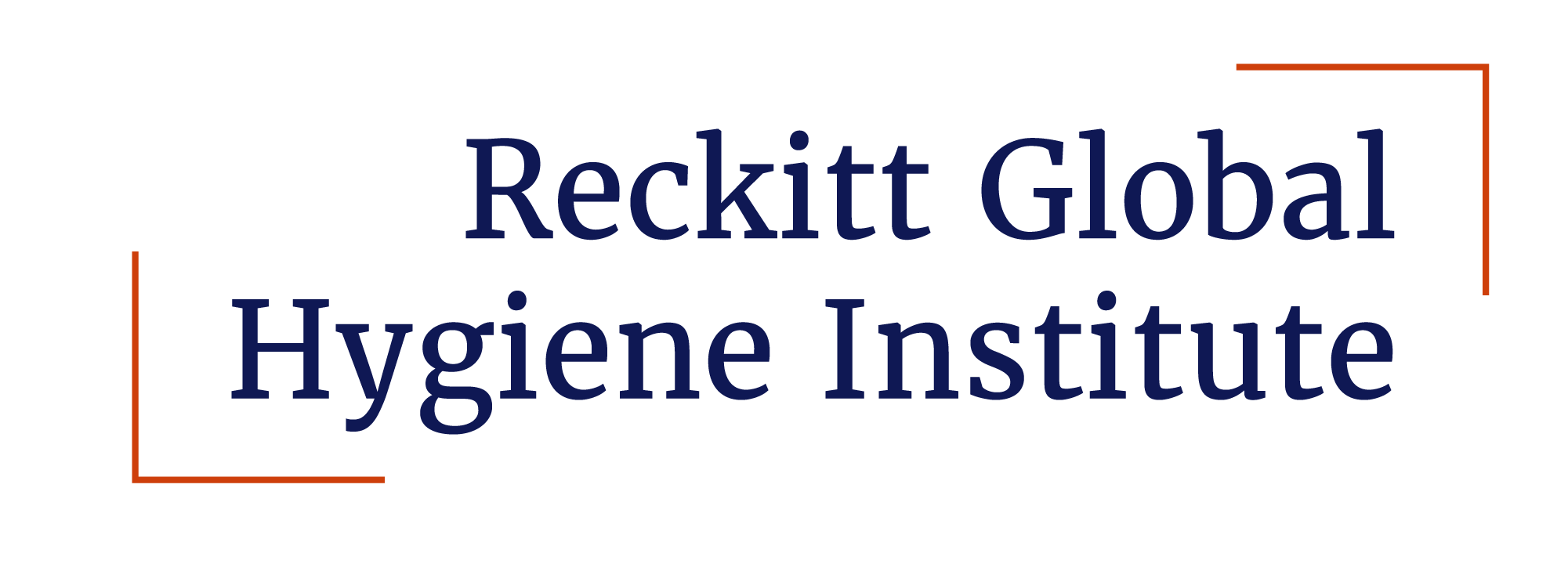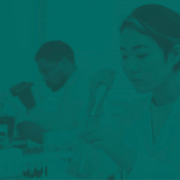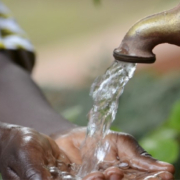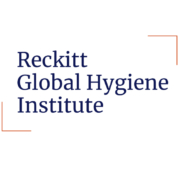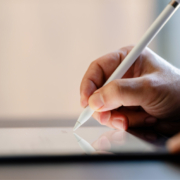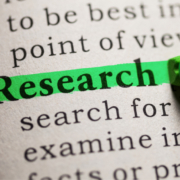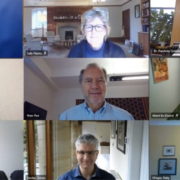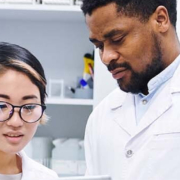First cohort of RGHI fellows will help plug significant gaps in hygiene research
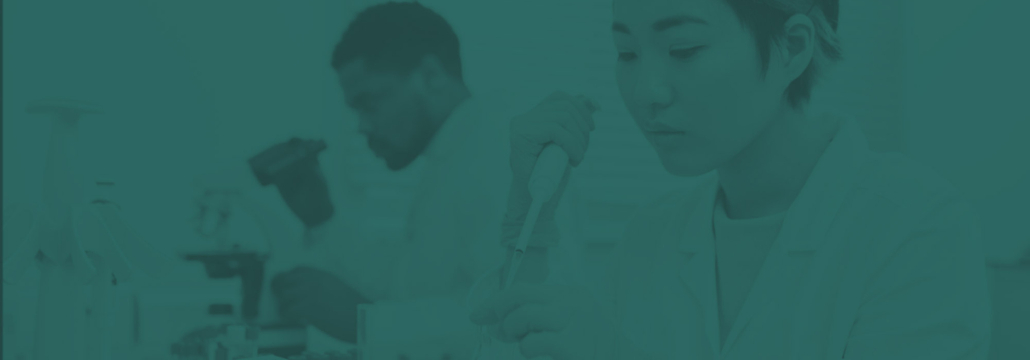
New Jersey, (February 17, 2022) – The Reckitt Global Hygiene Institute, a not-for-profit foundation launched in 2020 to generate and fund high-quality, scientific research that addresses the links between hygiene and health, today announced the four recipients of its first RGHI Fellowship Program.
The fellows’ research will, over the next three years, contribute to filling the current void in health and hygiene research and help to generate better hygiene practises that could save lives.
Hygiene, according to the World Health Organization, “refers to conditions and practises that help to maintain health and prevent the spread of diseases.” So far, evidence and research on this topic has been lacking, resulting in significant information deficits that have come to the fore amid COVID-19.
Handwashing and sanitisation have been key components in the fight against of COVID-19, but how often and for how long has been disputed, as has the investment needed to remedy the deficits in hygiene resources. According to the WHO, 4.2 billion people do not have safely managed sanitation services and 3 billion lack basic hand washing facilities.
“Hygiene is foundational to health and the way we consider hygiene measures needs to be realigned. An increase in evidence around hygiene would help to change policy and prevent people from contracting other diseases,” said Simon Sinclair, Executive Director, RGHI
Poor sanitation and hygiene can lead to other infectious diseases such as diarrhoea and cholera. Over 525,000 children under five die each year as a result of diarrhoea.
Generating information on the intersection between health and hygiene, Simon Sinclair said, is vital to safeguarding the health and wellbeing of populations worldwide both amid COVID-19 and beyond.
RGHI is focussed on plugging a significant gap in the health research space and improving access to information that will bridge epidemiology, public health, and behaviour change. The aim is to help inform the global health agenda while leading to the adoption of better and more sustainable hygienic practises globally.
The annual fellowship program builds on this by supporting early career researchers as they embark on new scientific discoveries. Their research findings will then be translated into tangible advances in hygiene practises.
The four first fellows – Giorgia Gon, Ian Ross, Sheillah Simiyu, and Julie Hennegan – have affiliations to leading health institutes such as the London School of Hygiene & Tropical Medicine and the Africa Population and Health Research Center.
Selected through an open competitive process, the Institute will support them as they research topics from how to improve hygiene norms in health care facilities, communities, and schools to how a poultry management intervention in Bangladesh might reduce exposure to poultry faeces.
The four fellows will receive up to three years full time salary, $150,000 in research costs, $15,000 for travel expenses and $15,000 for training and capacity building.
Ian Ross, Research Fellow in WASH Economics at the London School of Hygiene and Tropical Medicine commented: “It is fascinating that behaviours which seem so simple, such as handwashing with soap, are actually quite hard to encourage. For economists, a key question is how to invest scarce resources to most efficiently improve outcomes. Efficiency depends hugely on whether uptake and adherence to behaviours are achieved. The fact that so little attention has been given to economic evaluation of hygiene interventions made me want to investigate this.”
Applications are already open for the 2022 fellowship. Those with up to five years of experience post-PhD and researchers already employed by a university or academic research institute are encouraged to apply. Research topics of interest to RGHI include basic research, clinical investigation, epidemiology, behavioural science, sociology, health economics and engineering.
Notes to Editors
- The first cohort includes: Giorgia Gon and Ian Ross with the London School of Hygiene & Tropical Medicine in the United Kingdom, Sheillah Simiyu from the Africa Population and Health Research Center in Kenya and Julie Hennegan from the Burnet Institute in Australia.
- Their research focuses on: improving the economic evaluation of handwashing interventions; measuring unmet menstrual health and hygiene needs and their impacts on health and education; assessing the effectiveness of community-led initiatives on hygiene practises and maintenance of handwashing facilities in low-income settings in Kenya; studying the changing hygiene social norms at key times in the life-course; and improving backyard poultry management to reduce exposure to poultry faeces.
- Applications for the second cohort of fellows are now open for researchers with up to five years of experience post-PhD. Those from low and middle-income countries whose fellowship will be based at institutions in an LMIC are encouraged to apply. https://rghi.org/how-to-apply/
An online information session will be held on 2nd March to give an overview of the fellowship before a grant writing session takes place on the 15th. Registration is required for both events. More info here: https://rghi.org/how-to-apply/
About the Reckitt Global Hygiene Institute
RGHI, a not-for-profit foundation, was set up in 2020 to plug evidence gaps relating to hygiene behaviours and their impact so that leaders can confidently advise their nations. Funded by a multi-year $25 million grant from Reckitt plc, which provides support for the fellowship program, RGHI is working to promote and fund a portfolio of hygiene science that will lay out a clear pathway for improving public health.
For more information please contact: Sarah Roberts sarah@vanepercy.com
